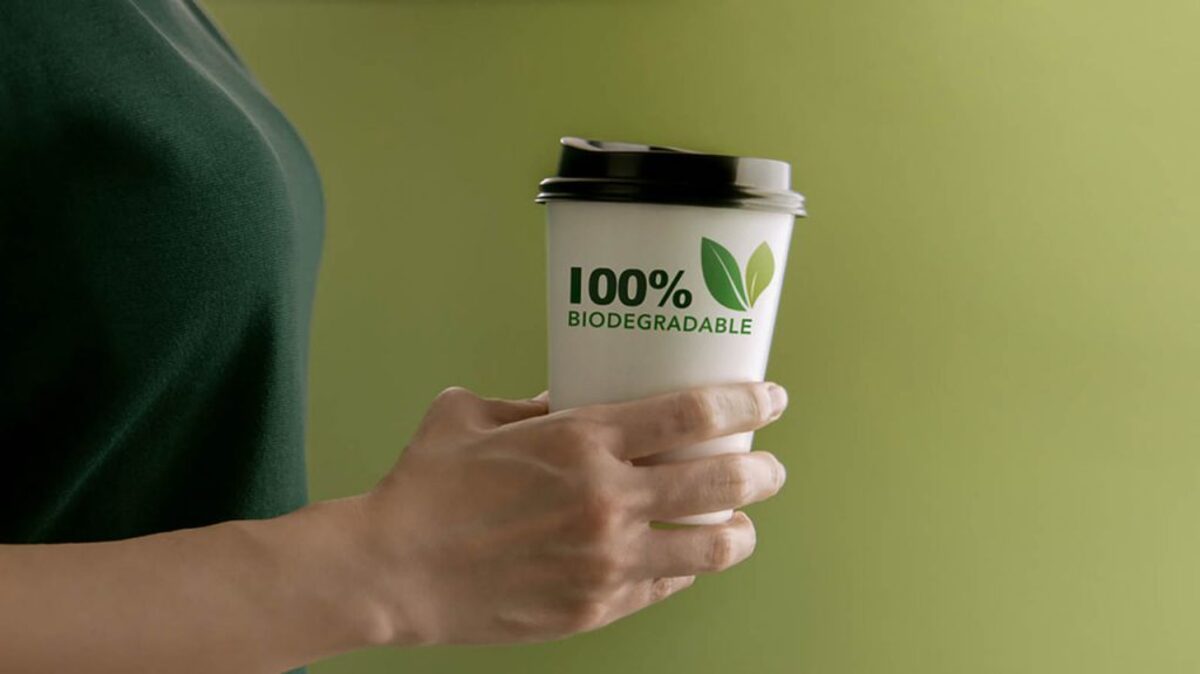Compostable Product Labels Require Stricter Oversight
Staff Reporter
29 September 2024, 10:01 PM
 Many Eco-Friendly Items May Contain Contaminants
Many Eco-Friendly Items May Contain ContaminantsCoasties are embracing eco-friendly alternatives following New Zealand’s July 2023 ban on single-use plastics.
However, a recent University of Auckland study suggests that many products marketed as “compostable” might not be as green as they seem.
Nargiss Taleb, a doctoral candidate in environmental science, was part of a research team that examined several items marketed as compostable, such as coffee cups, bin liners, and wooden cutlery.
Commissioned by the Ministry for the Environment, the research found that many of these products contained harmful chemicals, including PFAS, also known as "forever chemicals."
“These chemicals provide water and grease resistance,” Taleb explained, “but they don't break down during composting and may harm soil ecosystems.”
Other contaminants, such as BPA—a chemical phased out from baby products—and heavy metals like copper, were also found in compostable items like pizza boxes and brown paper bags.
These chemicals can disrupt the body’s natural hormones and affect the nutritional quality of composted soil.
Taleb advocates for tougher regulations on product labelling to ensure customers know how and where to dispose of compostable products.
"It’s essential that labelling is clear," she said. "Right now, consumers are left guessing whether products should go in compost bins or landfills."
While the study only tested 10 products, the findings raise concerns about the long-term environmental impacts of compostable products.
Taleb encourages locals to consider reusable options whenever possible, as single-use items—whether compostable or not—still pose environmental risks.



